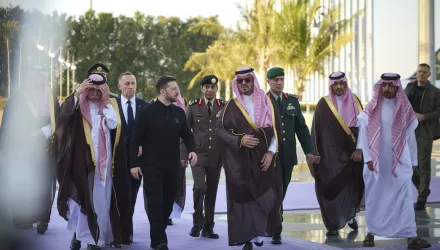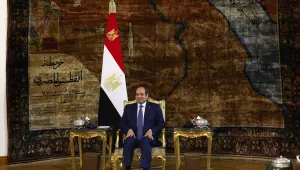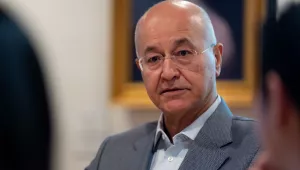A seminar with Mostafa Hefny, MEI Research Fellow and Ph.D. Candidate in the Department of Political Science, Columbia University. Part of the Middle East Initiative Research Fellow Seminar Series.
Moderated by Tarek Masoud, Associate Professor of Public Policy, Harvard Kennedy School.
The history of the Egyptian Republic is one varying material commitments to the class of citizens identified as laborers, from a perceived highpoint in the Nasserist era to nadir in the waning years of the Mubarak presidency, when a series of strikes and labor protests dwarfed those of explicitly political movements in size, scope and frequency. Upon closer inspection, the authoritarian state’s disposition to explicitly political labor movements has been invariably hostile, from public executions by the incipient regime in 1954 to violent crackdowns on strikes and sit-ins by the current military led government. This talk examines attempts to stitch together an organized political actor under the banner of labor, following the fall of Mubarak in 2011 and before the military coup of 2013. What effect, if any, has this stream of political action played in the building of the order that exists today?
For more about Mostafa Hefny, click here.




